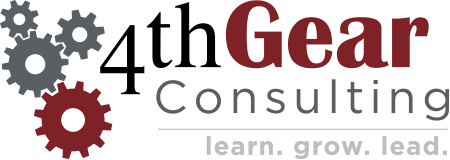I was working with a leader not too long ago who was doing a great job leading a few members of her team, and struggling mightily with others. She was working hard to understand why only some of her team members responded well to her, seemed motivated to do what she asked them, understood what she meant when she talked with them, and just connected with her better. What we learned as we went through the coaching process was not that these people were more capable, smarter, or had a better work ethic. They were simply more like her.
We all have a certain communication style, behavioral pattern and bias that creates a natural connection with some percentage of the people around us. Most of us are pretty good at managing and leading the people in that group. The strongest leaders, however, go beyond the natural connection and learn to adapt so that they can help virtually any kind of individual accomplish more.
If you want to broaden your leadership capabilities so you can be a leader who is able to build and develop a diverse group of people make sure you think about these three questions:
What do they need from me?
Too often we walk into meetings, interactions and discussions thinking about what we need out of the conversation. Most successful leaders are able to think about the individual or the team from the perspective of what they need to be successful, not what the leader needs from them.
Where do I have to slow down and work harder?
It’s easy to fly through our day with our natural style but when we have to shift, it takes a slower approach and more thought and effort. Stop and think about the individuals who function differently than you do and put a plan in place for how to be the leader they need as well.
Did I listen enough to understand?
Usually, once we break through that surface barrier of different approaches or perspectives, we find good, earnest, hard-working people underneath. To get there, we have to consciously work to understand what is important to the people with whom we don’t automatically connect.
It takes a lot of emotional intelligence from one of the participants for a driven focused extrovert, for example, to connect and work well with an introspective, contemplative introvert. It wasn’t often that we saw the quarterback hang out with the chess club captain in high school. But if we want to lead the kinds of teams that are successful in business today, we need to become more than a one-dimensional leader.
Leading Through Influence
We develop better leaders so they can build a better future. Contact Us to learn about leader development via our training, workshops and executive coaching.


